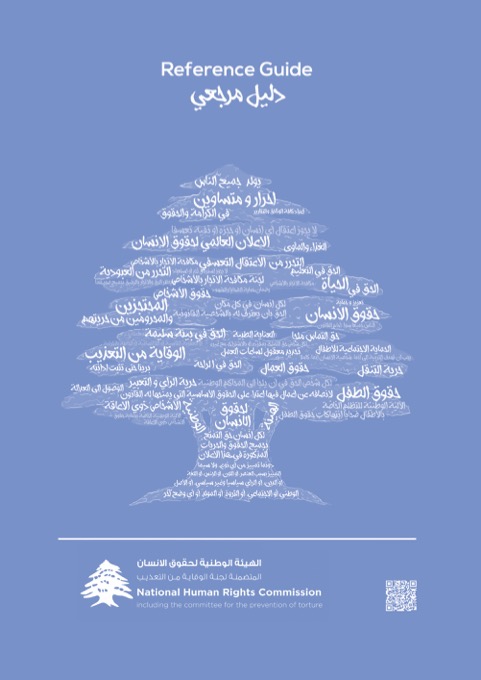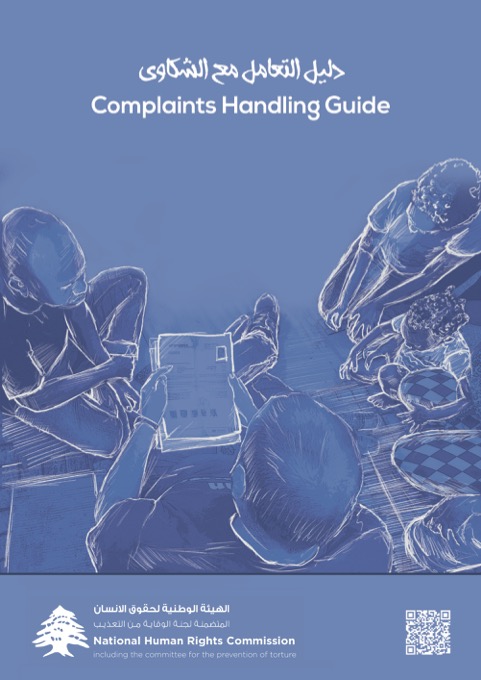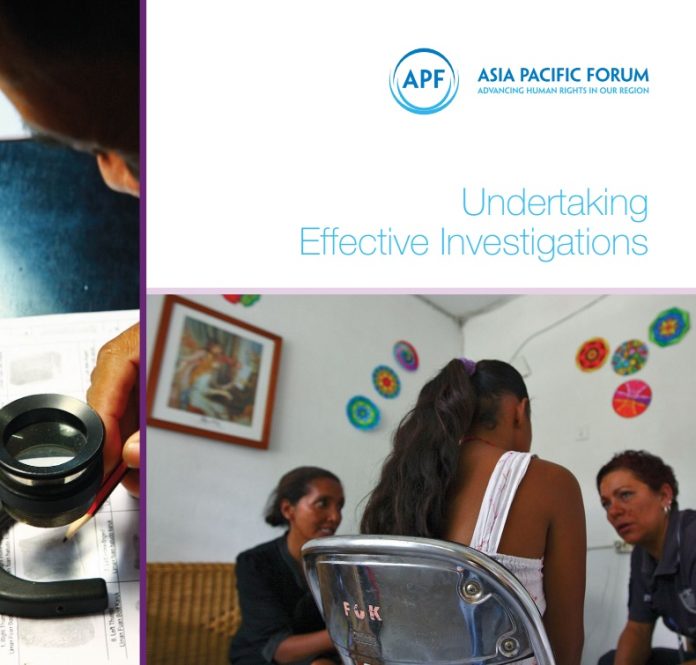هذه المقالة متاحة أيضًا بـ: العربية (Arabic)
This Manual “Undertaking Effective Investigations: A Guide for National Human Rights Institutions” provides a comprehensive overview of the key skills that NHRI investigators require in order to conduct effective investigations. For example, interviews are an almost universal element of all human rights investigations. Accordingly, the Manual devotes considerable attention to planning and conducting interviews with witnesses. There is also a strong focus on emerging areas of human rights investigation, such as collecting and preserving evidence from digital and online sources.
While the Manual includes examples of good practice from NHRIs and other State oversight agencies, one case study has been used throughout to illustrate what can happen when investigators do not follow good investigative processes.
Investigating allegations of human rights violations is essential to securing justice for victims. Whether the focus is on resolving individual complaints or uncovering systemic failings, effective human rights investigations uncover the facts of a case and provide a pathway to redress and restitution.
Investigations are a vital part of the work of nearly all national human rights institutions (NHRIs). Most NHRIs in the Asia Pacific region have mandates to conduct investigations in response to complaints of human rights violations. Some are also able to initiate their own investigations into situations that appear to raise human rights concerns.
The complaints that NHRIs receive and the investigations they undertake reflect the enormous diversity of their national settings. For example, some operate in situations of conflict or impunity and, as a consequence, their work can include investigations into gross violations of human rights. A number of NHRIs have conducted investigations that look at broad issues affecting the civil, political, social, economic and cultural rights of their citizens, while others have narrower mandates that primarily focus on resolving individual cases of discrimination.
No matter what the setting or the complaint, NHRIs must have the institutional capacity and a team of skilled investigators to collect evidence, conduct interviews, develop recommendations and report on their findings. It can be challenging and confronting work.




